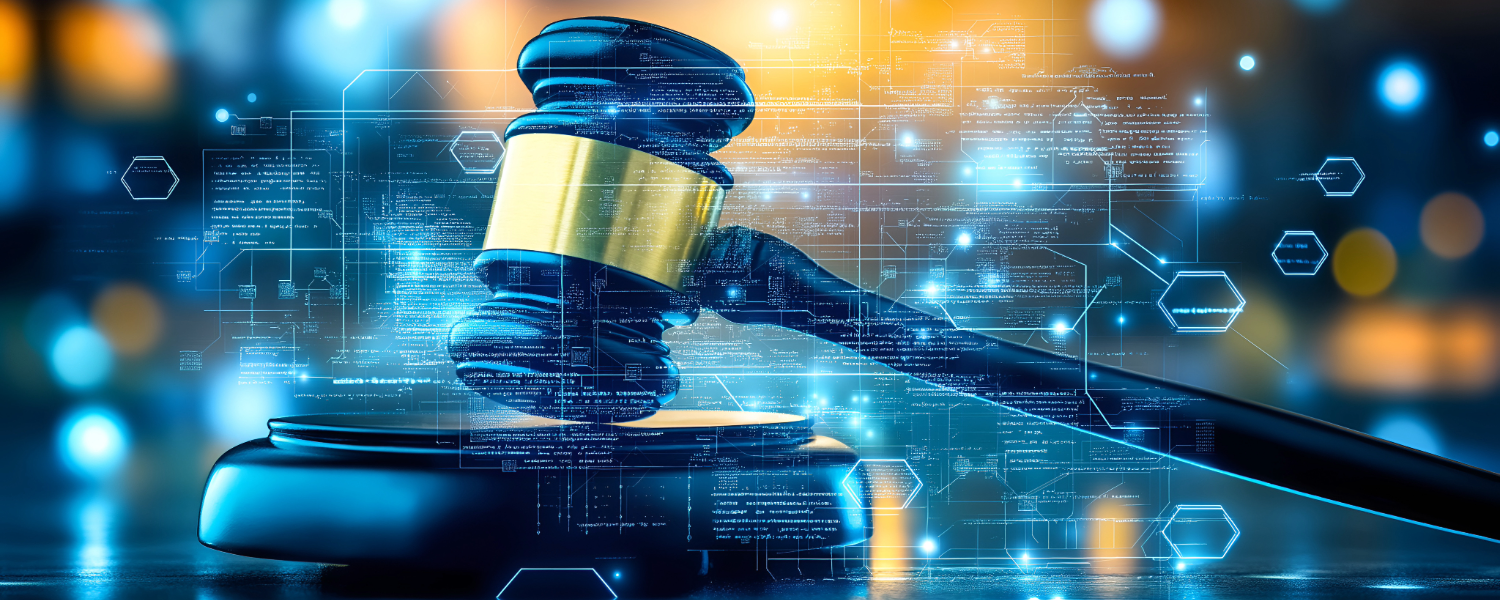Understanding Digital Rights: Empowering Users in the Information Age
In today’s increasingly connected world, digital rights are fundamental to safeguarding individual freedoms and supporting democratic values. As technology pervades every aspect of life—from social interactions to work and civic participation—being informed about these rights is essential. This understanding helps users navigate the digital landscape confidently, protect their personal autonomy, and contribute to a fairer, more open society.
The Fundamentals of Digital Rights
Privacy
Privacy remains a cornerstone of digital rights. It ensures that personal data—such as health records, financial information, or online activity—is protected from unauthorized access and misuse. Given the rise in data breaches, cyber surveillance, and targeted advertising, privacy concerns have escalated. Effective privacy protections empower users to control their personal information and demand transparency from organizations and governments.
Why Privacy Matters
A secure digital environment depends on privacy. It fosters trust, allowing individuals to express themselves and explore content without fear of unwarranted monitoring or censorship. Legal frameworks like the European GDPR are designed to uphold these rights, compelling organizations to handle data responsibly and transparently, giving users more control.
Free Expression
The internet serves as a global platform for free speech, promoting the exchange of ideas beyond borders. Yet, this freedom faces challenges—government censorship, misinformation, and restrictive policies can suppress voices or distort information. Protecting free expression online is key to fostering innovation, cultural diversity, and societal progress.
Ensuring Free Expression
Maintaining this right involves holding digital platforms accountable for unbiased moderation, combating censorship, and defending users’ rights to communicate freely. It also entails vigilance against misinformation while balancing the need to prevent harmful content, requiring transparent, fair moderation practices.
Access to Information
Digital rights include equitable access to information, which is fundamental for education, civic engagement, and social equality. The digital divide—gaps caused by socioeconomic barriers, geographic isolation, or lacking infrastructure—limits opportunities for marginalized communities.
Bridging the Digital Divide
Efforts such as expanding internet infrastructure in rural areas, offering affordable connectivity, and enhancing digital literacy are vital. When all individuals can access digital tools and information, society becomes more inclusive and empowered.
Empowering with Knowledge
Education plays a pivotal role in enabling users to understand and exercise their digital rights:
- Digital Literacy: Educational programs teach critical skills like evaluating online content, recognizing privacy risks, and managing digital identities.
- Advocacy and Awareness: Civil society organizations raise awareness about digital rights, influencing policies and encouraging responsible digital behavior.
- Participation in Policy-Making: Empowered users can engage in policymaking processes, ensuring that digital rights are reflected in laws and regulations.
Fostering a Resilient Society
A society aware of and committed to digital rights is more resilient. Individuals who understand their rights are better equipped to protect themselves from digital threats—like cyberattacks, misinformation, or privacy invasions—and actively participate in democratic processes.
Collective Effort
Protecting digital rights requires collaboration among governments, organizations, and individuals. Continual dialogue and adaptation are necessary to address technological evolutions, safeguarding the freedoms that underpin democratic societies.
Conclusion
As technology continues to evolve rapidly, understanding digital rights becomes more essential than ever. Prioritizing digital literacy, fostering advocacy, and ensuring equitable access will help build a digital environment that respects privacy, promotes free expression, and guarantees access to information for everyone. This collective effort ensures that the benefits of the digital age serve all members of society while maintaining fundamental freedoms.



